
Among my hazier memories of early adolescence in Qatar is a screening, at a friend’s home, of an obviously pirated Betamax copy of Red Dawn. My friend’s father – most everyone’s father or mother or uncle, whoever – would, while on business trips overseas, visit the occasional video store or flea market and return with whatever films or books or albums they happened to find. It’s a haphazard, incomplete thing to consume the culture of a faraway place in this manner, like trying to divine the contours of a mouth from the texture of spittle.
Red Dawn is a bad movie. Bad in a special, sincere kind of way. It’s about a bunch of teenagers who fight back against a Soviet invasion of the United States. Released in the early 80s, it belongs to a large fraternity of films in which scrappy underdog Americans fight back against the seemingly insurmountable but of course ultimately very surmountable power of the Soviet empire. In a couple of decades, the Russians would pass the baton of villainy to people who look like me, though in our case there was no real empire to speak of, and so we were mostly small-batch insidious, our specialty less tank-and-jet and more suicide-bomb-level violence. It didn’t much matter; Red Dawn with Arabs instead of Soviets for villains would have still been shit.
Read the Guardian’s Q&A with Omar El Akkad here
In 2012, almost 30 years after I first watched the original, someone decided to remake Red Dawn. This time, there was no Soviet empire to invade the mainland, and so instead the Chinese would have to do. Again, it didn’t much matter – the point isn’t geopolitical fidelity, the point is 90 minutes of rah-rahing American tenacity in the face of overwhelming odds. Never back down, never surrender, that sort of thing.
Problem is, China is a big market for movies. And so, at the last minute, for fear of missing out on millions in potential box office returns, the producers decided to change the villain. In the final cut of the Red Dawn remake, it’s North Korea that invades the United States. It’s always the sign of a well-crafted movie when you can change a central narrative beam in post-production and it doesn’t make any difference at all. I’m reminded of a guy in one of my old writing groups who, fearing his story didn’t have enough female representation, did a find-and-replace and changed every instance of “Sam” to “Samantha”, then went through and changed the pronouns accordingly, leaving everything else the same.

Again, it didn’t much matter. Except that it does, over time – this glaring disconnect between cultural self-image and pragmatic reality. In a 2016 essay, the writer and former soldier Roy Scranton describes watching Star Wars while stationed in Baghdad. He is forced in that moment to confront the reality that so much of the American self-image demands a narrative in which his country plays the role of the rebel, the resistance, when at the same time every shred of contemporary evidence around him leads to the conclusion that, by scope and scale and purpose of violence, this country is clearly the empire.
A central privilege of being of this place becomes, then, the ability to hold two contradictory thoughts simultaneously. The first being the belief that one’s nation behaves in keeping with the scrappy righteousness of the underdog. The second being an unspoken understanding that, in reality, the most powerful nation in human history is no underdog, cannot possibly be one, but at least the immense violence implicit in the contradiction will always be inflicted on someone else.
I’ve seen this person many times – they occupy a hallowed place in American culture, catered to by so many of the nation’s dominant cultural forces, from Monday Night Football to the Country Music Awards to the entirety of AM radio. It’s the person who in self-image professes to be a rule-breaker, untamable, wild – and in the next breath sides unquestioningly with every facet of state power. I’ve seen the Punisher decal on the bumper, the stylized American flag denoting the thin blue line: I’m an outlaw; also, anyone who disobeys the cops deserves to be killed.
My first impulse is to mock the contradiction, but there’s no contradiction, not really, because the bedrock of this particular identity isn’t conformity or nonconformity – it’s self-interest. Anyone who buys into both the narrative of American rebelliousness and the reality of American authority understands that both have been created to serve them. The man in the action movie looks one way, the man the cops just shot in a traffic stop another.

Toward the end of December 2023, the South African government brings charges of genocide against Israel at the international court of justice. The case rests on Israel’s wholesale destruction of health facilities and the blocking of aid as evidence that what is being destroyed here isn’t a single terror organization, but a whole people. Much of the initial South African brief relies on the words of Israeli officials themselves, including Prime Minister Benjamin Netanyahu’s referencing of the complete destruction of Amalek in the Bible.
Among those who have been calling for an end to the relentless killing, the development inspires a set of conflicting emotions. First, there is the basic relief of watching some official entity – any entity – do something. Time and again, in conversation with friends, some of whom have lost family members in this killing spree, there is a sense that one must be going mad: to see so plainly the destruction, the murdered children filmed and presented for the world to look upon and then to hear the leaders of virtually every western nation contend that this is not happening, that whatever is happening is good and righteous and should continue and that in fact the wellbeing of the Palestinian people demands this continue – it’s enough to feel like you’re losing your mind.
Second, there is the realization that of course it would be a country like South Africa that would take this step – a country deeply versed in the ugly mechanics of apartheid, for whose citizens checkpoints and forcefully sealed-off towns are not abstractions, but the very recent past that, from the safety of the present, everyone now claims they always opposed.
Beyond relief and recognition, there is a more complicated thing – an understanding that the machinery of the west has never had much of a capacity for self-diagnosis. Who does? Who that achieves power of this scale ever does?
Waiting on a western judicial institution to cast judgment on a killing spree financed and endorsed by the west means, inevitably, watching a disjointed ballet of impossible reconciling. The narrative – as enshrined in countless constitutions and declarations and charters which are so often held up as the differentiating marker of superiority of this world over the other – demands moral purity, opposition to injustice, adherence to the principle that all innocent lives are equal and deserving of dignity. The reality is that an ally of the west is killing civilians by the tens of thousands and it would be politically inconvenient to call this wrong now when for months, years, decades it has been deemed perfectly fine.

And so we must watch the impotent pantomime of a Canadian prime minister declaring that while his government absolutely supports the international court of justice, it doesn’t support the premise of the South African case, whatever that tortured rhetorical construction is supposed to mean. We must watch the German government – whose police forces, in the name of fighting antisemitism, arrested Jewish protesters calling for a ceasefire – come to Israel’s defense at the court.
In time there will be findings of genocide. There will be warrants issued, even. The structures of international law, undermined at every turn, will nonetheless attempt to operate as if law were an evenly allotted thing. As though criminality remains criminal even when the powerful support, bankroll, or commit the crime.
It’s no use, in the end, to scream again and again at the cold, cocooned center of power: I need you, just this once, to be the thing you pretend to be.
There is an impulse in moments like this to appeal to self-interest. To say: these horrors you are allowing to happen, they will come to your doorstep one day; to repeat the famous phrase about who they came for first and who they’ll come for next. But this appeal cannot, in matter of fact, work. If the people well served by a system that condones such butchery ever truly believed the same butchery could one day be inflicted on them, they’d tear the system down tomorrow. And anyway, by the time such a thing happens, the rest of us will already be dead.
No, there is no terrible thing coming for you in some distant future, but know that a terrible thing is happening to you now. You are being asked to kill off a part of you that would otherwise scream in opposition to injustice. You are being asked to dismantle the machinery of a functioning conscience. Who cares if diplomatic expediency prefers you shrug away the sight of dismembered children? Who cares if great distance from the bloodstained middle allows obliviousness? Forget pity, forget even the dead if you must, but at least fight against the theft of your soul.
In the summer of 2014, I began writing the first draft of my debut novel, American War. It’s a piece of speculative fiction set in the 2070s and covers the aftermath of a second civil war. I never thought of it as a particularly American book, but rather an attempt to superimpose stories from the other side of the planet onto the heart of the empire. It didn’t seem like a particularly clever narrative trick on my part.
Three weeks or so after I finished the first draft, Donald Trump announced his candidacy for president. The novel would end up being published in April 2017 and come to be almost universally read as an exclusively American story, a literal prediction of where this country might be headed. A bidding war breaks out for the film rights. Time and again, various production company executives tell me how perfectly the novel has managed to capture this moment in American life, and I can’t help but think that the exact opposite is true. Something of American life has captured the novel. The word “dangerous” is used quite often, always as a compliment.
Then, in January 2024, I receive an email from the director who was set to work on the American War adaptation, letting me know he and the production company are stepping away from the project. “Prudence suggests this is not the time for making movies about freedom fighters or terrorists (no matter which side of that argument one is on),” he writes.
A few weeks earlier, a novelist I know tells me her appearance at a small book club has been canceled – the organizer tells her it’s because they “stand with Israel”. My friend is an American of half-Egyptian, half-Scottish descent. A Palestinian artist’s retrospective at the University of Indiana is shuttered. People who call for a ceasefire are demoted, fired, called antisemites and terrorist-supporters.

It all feels so petty, the stakes so low. On the other side of the planet entire bloodlines are being wiped out and here in the sheltered world we are subject to relatively pathetic indignities – loss of income, disinvitations, cold shoulders from people who in a different time might have been quite proud of themselves for having a Brown friend. Every now and then we hear about those instances when the stakes turned out not to be so low, when this passive punishment transformed into something much more active, sometimes deadly. But for the most part it’s just a constant trickle of reminders of one’s place in the hierarchy – and it is precisely because of this that it becomes so tempting to just shut up, let what’s going to happen happen to those people over there and then, when it’s done, ease into whatever opinion the people whose approval matters deem acceptable.
I start to see this more often, as the body count climbs – this malleability of opinion. At a residency on the coast of Oregon, I read the prologue to this book; a couple of days later, one of the other writers decides to strike up a conversation.
“I’m not a Zionist,” she says. “But you know, I’m not anti-Zionist either. It’s all just so complicated.”
I have no idea what to say. I feel like an audience at a dress rehearsal.
There’s a convenience to having modular opinions; it’s why so many liberal American politicians slip an occasional reference of concern about Palestinian civilians into their statements of unconditional support for Israel. Should the violence become politically burdensome, they can simply expand that part of the statement as necessary, like one of those dinner tables you lengthen to accommodate more guests than you expected. And it is important, too, that this amoral calculus rise and fall in proportion to the scale of the killing, so that one might always be able to say, “Well, we could never have known it would get this bad, but now, now everything has changed.”
It’s almost refreshing, then, when one is faced with the ugliest and yet most honest face of western apathy, the face that knows full well the scale and severity of the horror but believes it to be absolutely justified, absolutely necessary. I know this face, too. It appears on talk shows and atop opinion pieces stating, euphemistically or not, that the same world in which you can buy avocados all year round and your iPhone keeps getting more powerful and you never have to live in fear of an occupying force obliterating your family with missiles is the world in which an insignificant group of people you’ll never meet simply have to die. And whatever disgust this equation, laid bare, might inspire, many know it to be true. This is the world we’ve created, a world in which one privileged sliver consumes, insatiable, and the best everyone else can hope for is to not be consumed. It is not without reason that the most powerful nations on earth won’t intervene to stop a genocide but will happily bomb one of the poorest countries on the planet to keep a shipping lane open.
How long can the fabric of a pleasing story hold? Presented the facts of the situation without label, without real-world anchor, like actors asked to read the screenplay and pick a role, how many Americans would instinctively choose that of the Palestinian calling for an end to occupation? The South African calling for an end to apartheid? The Haitian calling for self-rule? How many would want to believe, as so much of the culture here has always strained to believe, that they side with the underdog, the downtrodden who refuses to give up, the rebel in the face of empire? And then, should the scenes be transposed back to the unforgiving reality of the world as it is, how many, knowing the limitations of the stories we tell ourselves, would just as instinctively retreat into the comforting fold of empire?
One Day, Everyone Will Have Always Been Against This by Omar El Akkad is out now in the UK published by Canongate. It will be released tomorrow, 25 February, in the United States by Knopf, and in Canada by McClelland & Stewart.
-
Spot illustrations by Ben Hickey

 German (DE)
German (DE)  English (US)
English (US)  Spanish (ES)
Spanish (ES)  French (FR)
French (FR)  Hindi (IN)
Hindi (IN)  Italian (IT)
Italian (IT)  Russian (RU)
Russian (RU)  4 hours ago
4 hours ago


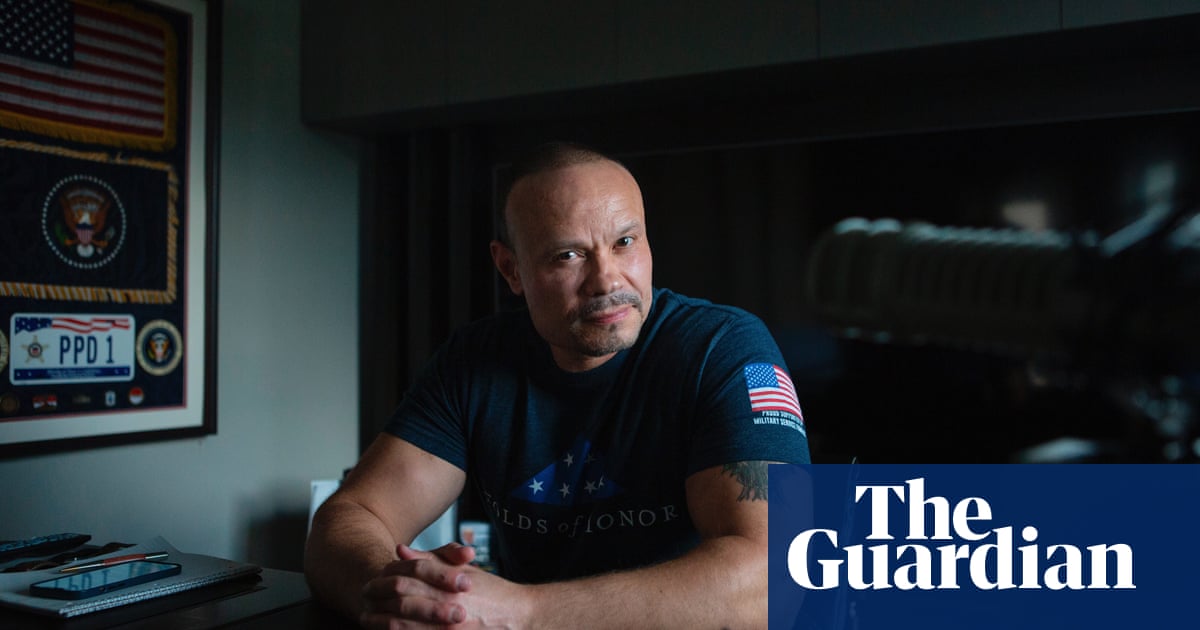







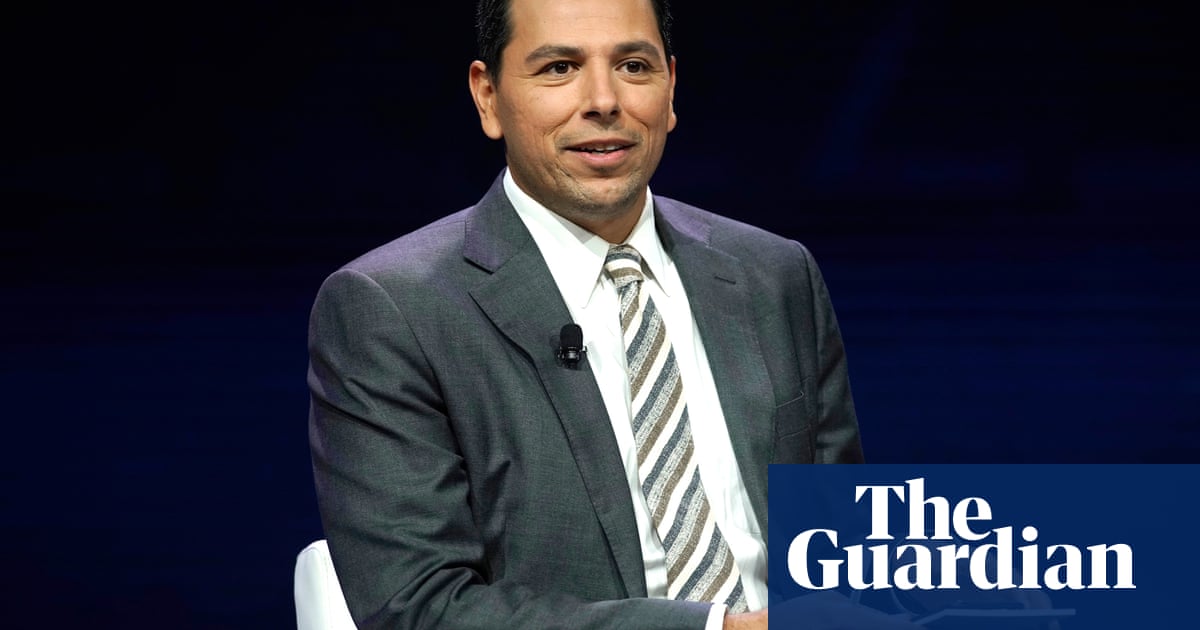



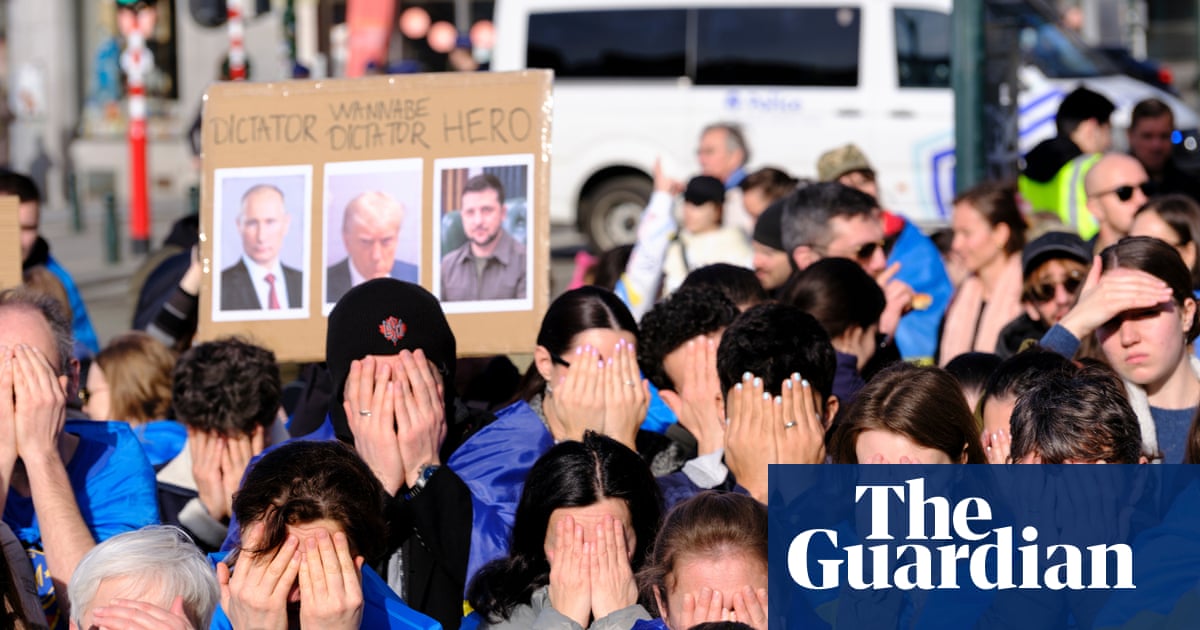



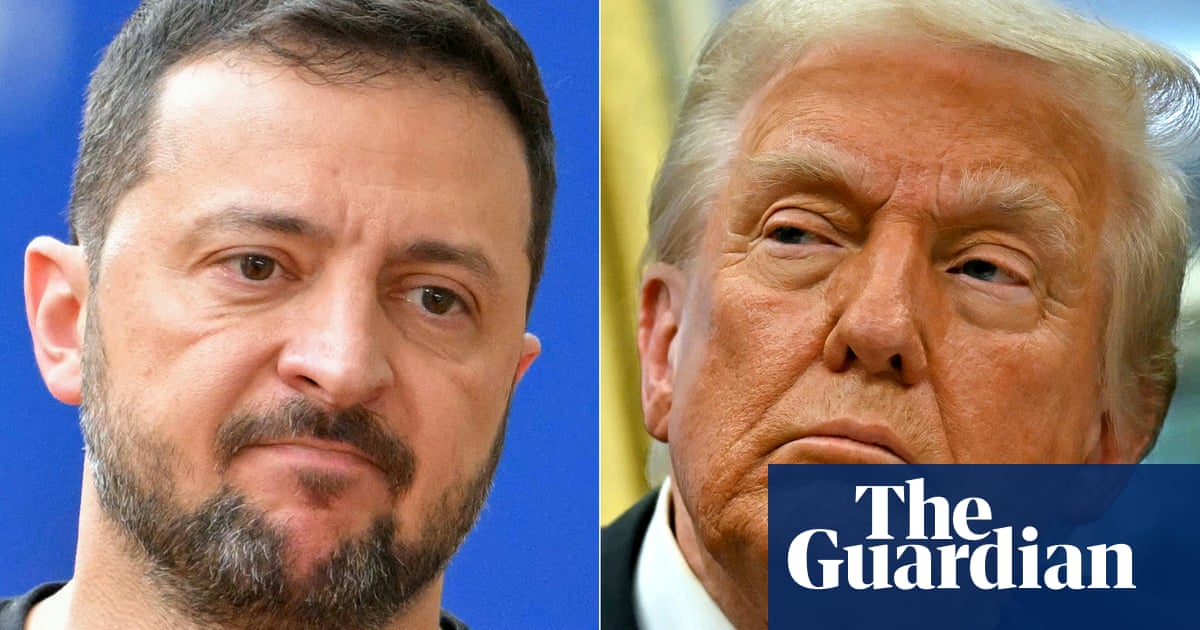




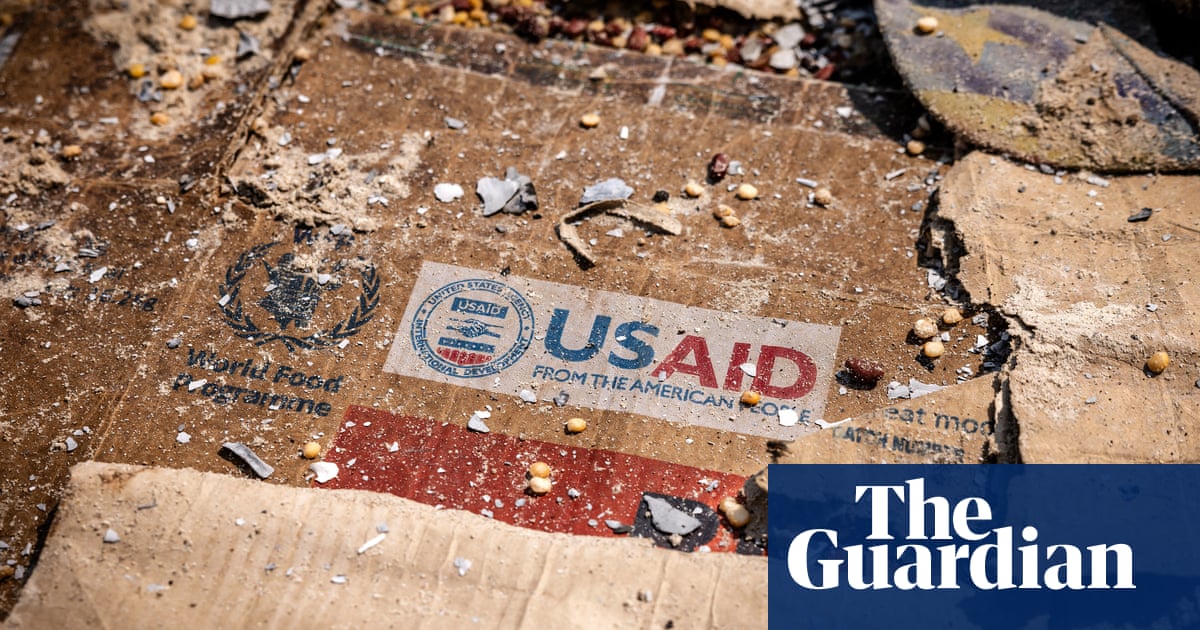
Comments